Over 13,000 People In The UK Still Watch Black And White Television
Figures released today by the TV Licensing authority show more than 13,000 households across the UK are still using black and white television sets.
Despite nearly 46 years of colour transmissions, the nationwide switch to digital TV last year and the meteoric rise of internet content services such as Netflix or Lovefilm, some homes in the UK just cannot bear to part with their trusty black and white TVs. London currently has the highest number of black and white TV households by a large margin, followed by Birmingham and Manchester.
Top 10 black and white cities:
- London - 2,715
- Birmingham - 574
- Manchester - 413
- Glasgow - 256
- Liverpool - 185
- Leeds - 183
- Bristol - 180
- Nottingham - 161
- Belfast - 143
- Sheffield - 118
"It’s remarkable that with the digital switchover complete, 41 per cent of UK households owning HDTVs and Britons leading the world in accessing TV content over the internet more than 13,000 households still watch their favourite programmes on a black and white telly." Stephen Farmer, spokesperson for TV Licensing commented.
This number has, understandably, been declining for quite a while now. In 2000 there were 212,000 black and white TV Licences issued, but by 2003 that number had shrunk to 93,000 and in 2006 the number was less than 50,000. At the start of 2013, just 13,202 black and white licences were in force across the UK.
Television and Radio Technology Historian John Trenouth thinks the reasons behind this choice are more economical than nostalgic: "For low-income households the black and white licence fee (£49) is an attractive alternative to the full colour fee (£145.50). There will always be a small number of users who prefer monochrome images, don't want to throw away a working piece of technology or collect old TV sets."
After our active excitement about 4K television, this seems insane-yet-humbling to know that people still watch in good old grayscale.
Source: TV Licensing
Jason England



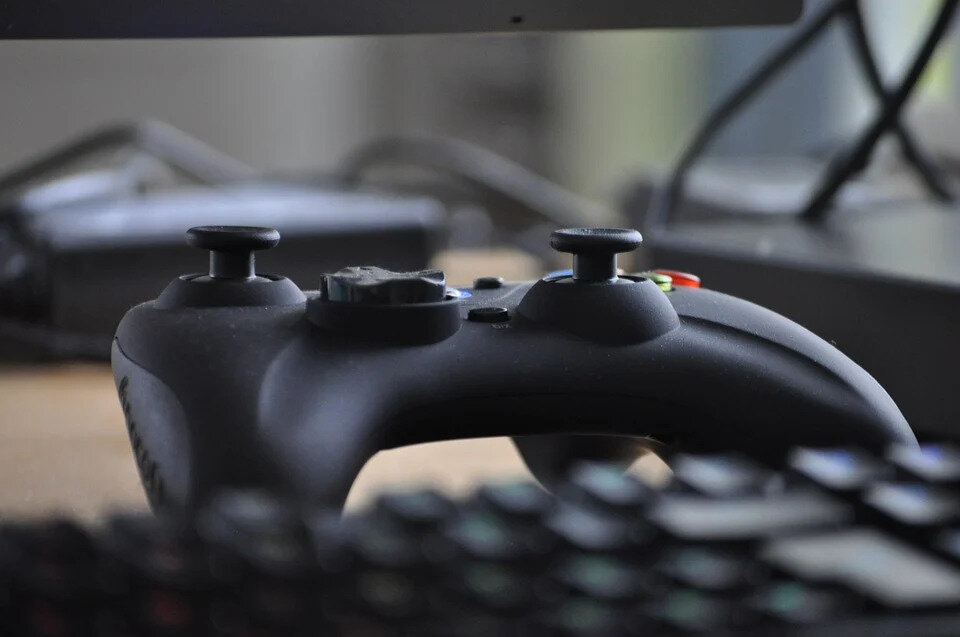


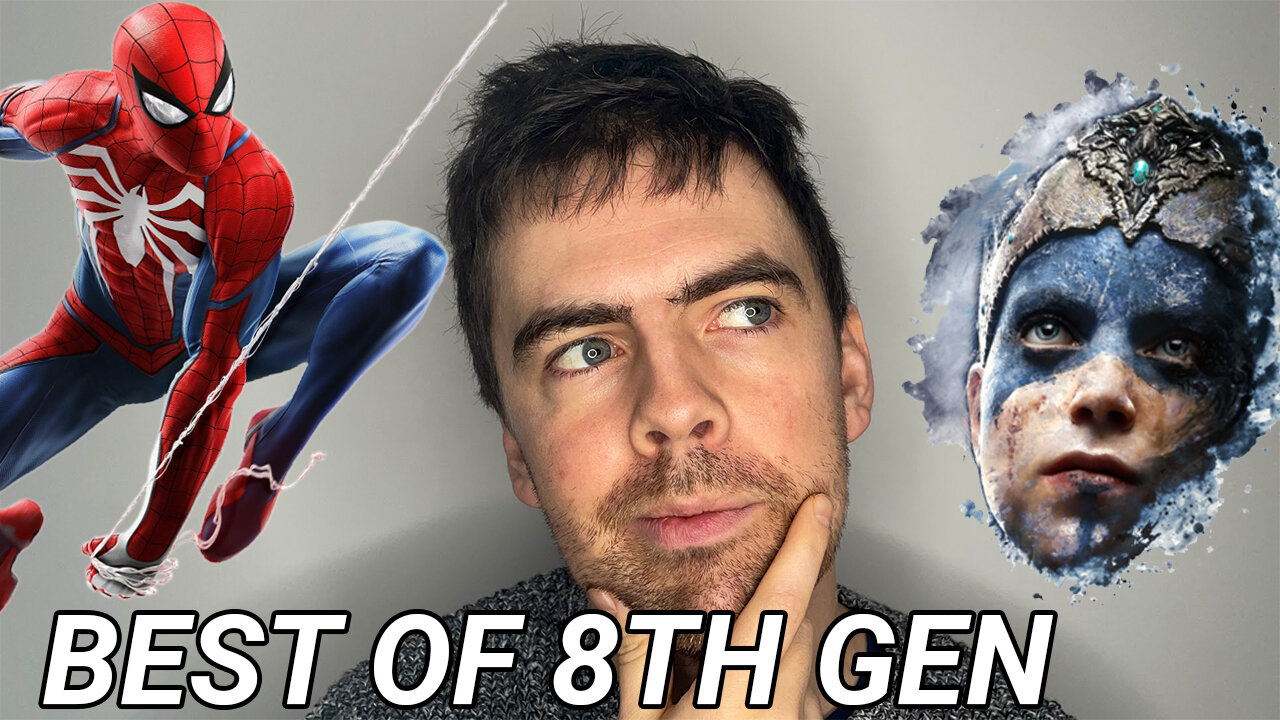
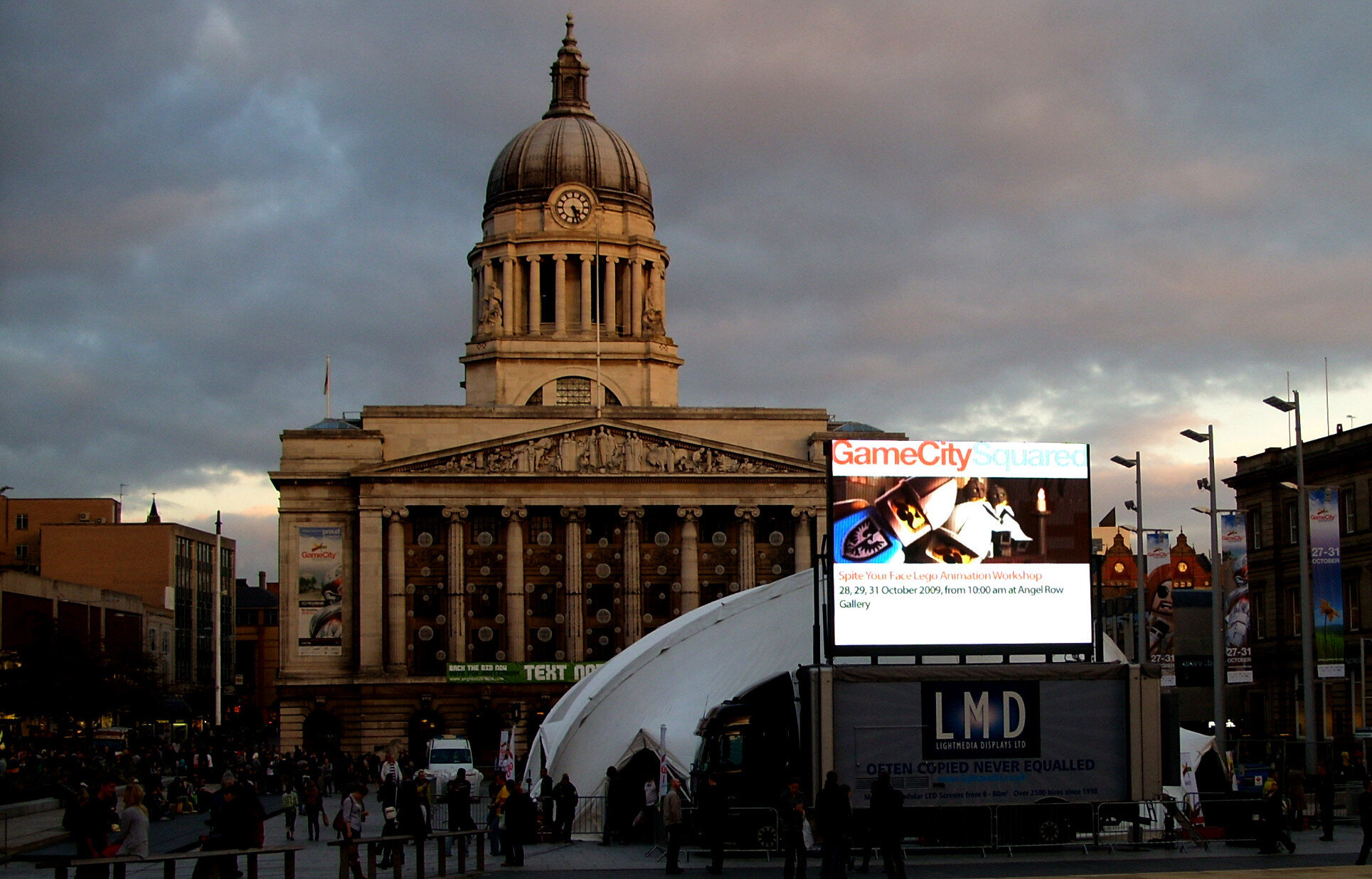

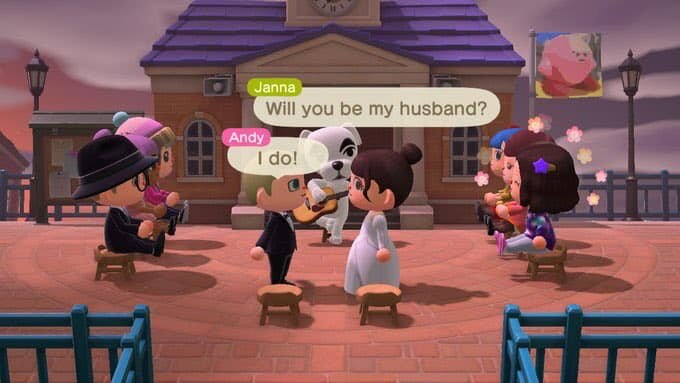
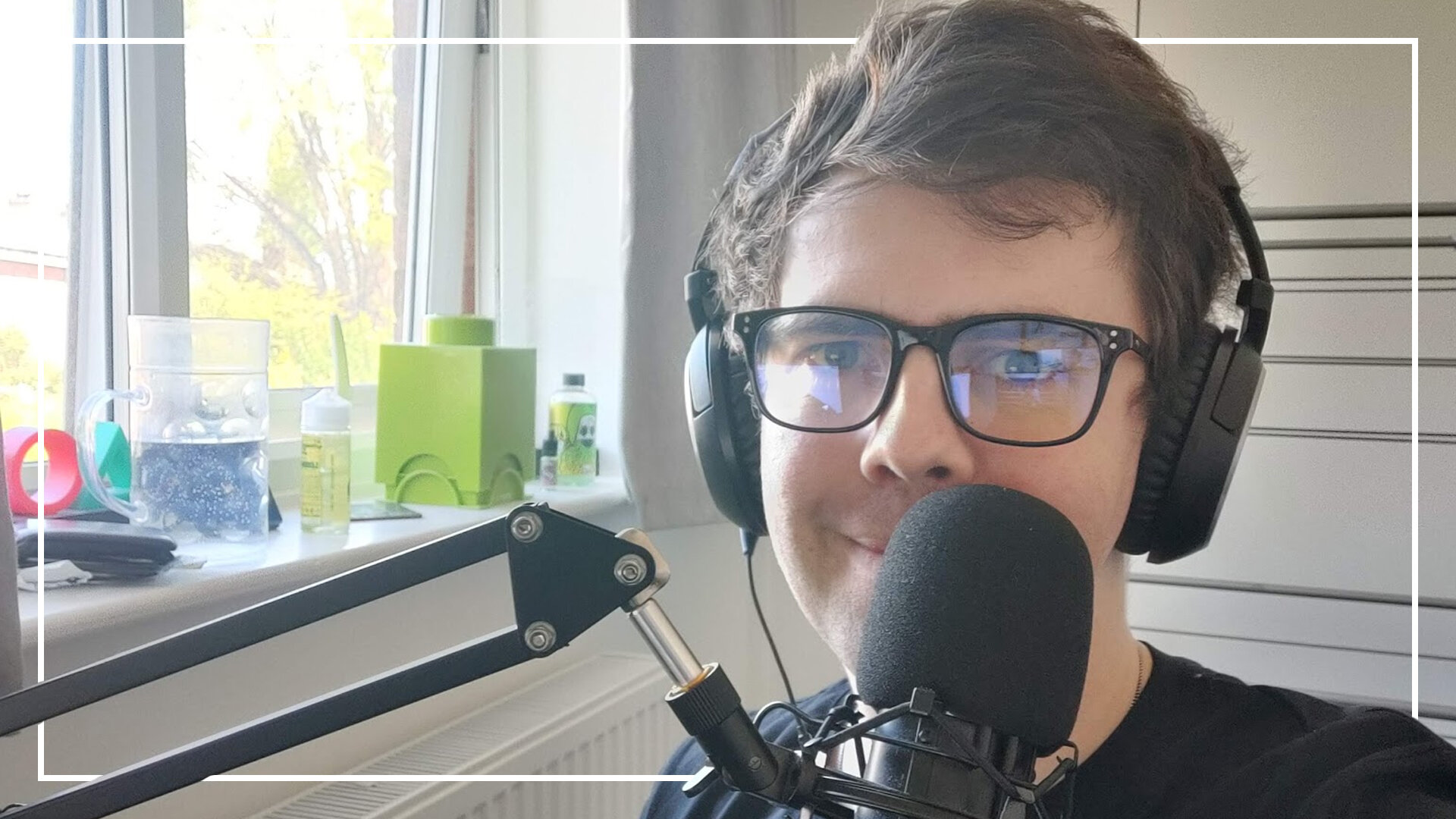
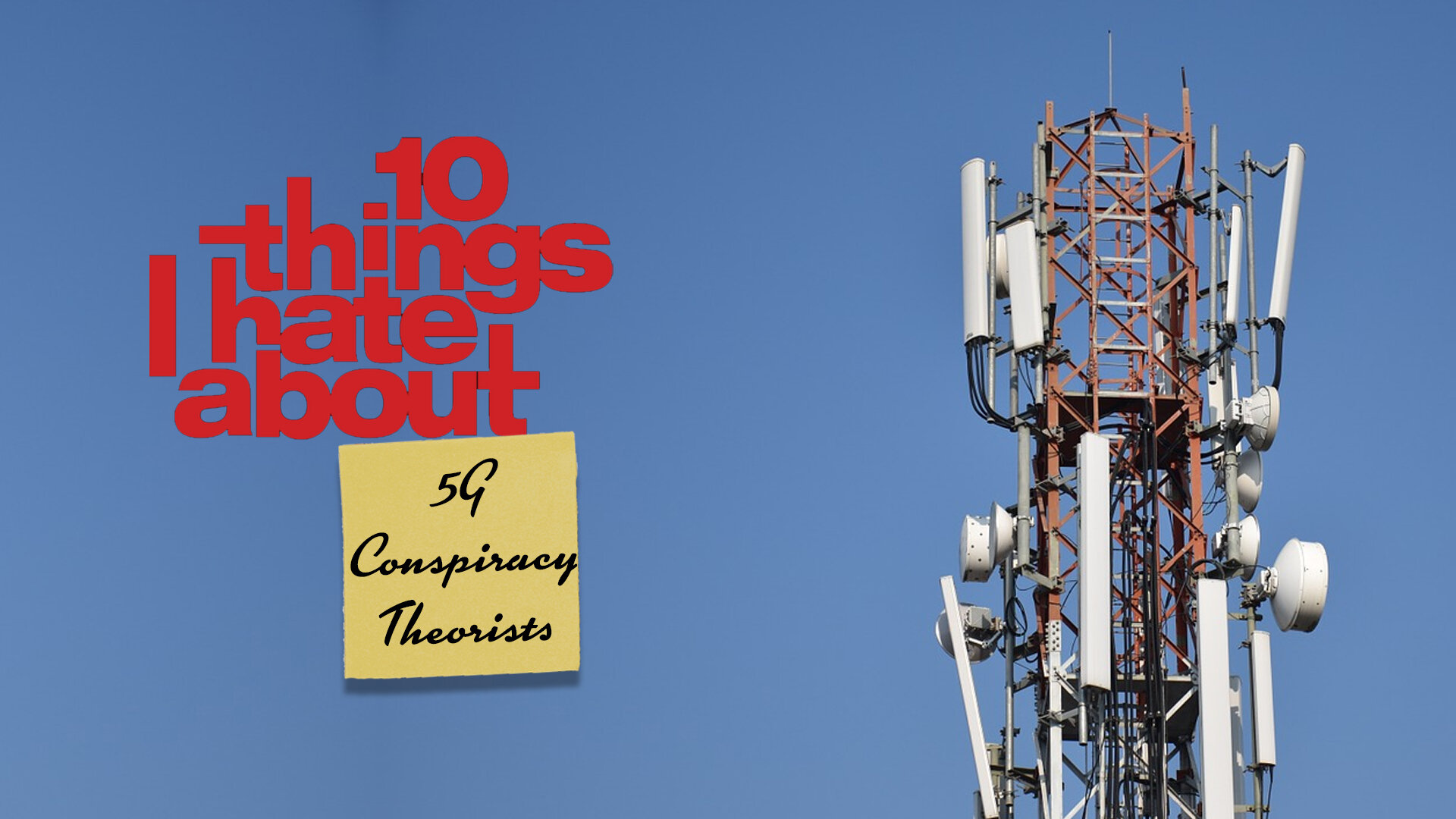
Alongside the scientists, 50% of the British public and the future health of young people across the nation, I have one simple request: delay Freedom Day, please.